President Xi Jinping has encouraged the faculty and students at Macau University of Science and Technology to play an active part in the development of the Guangdong-Hong Kong-Macao Greater Bay Area.
Xi made the remark in a letter of reply to faculty members and students who took part in the research and development of the "Macao Science 1" space exploration satellites.
The twin satellites, developed through cooperation between the Macao Special Administrative Region and the Chinese mainland, were launched on Sunday from the Jiuquan Satellite Launch Center. It is primarily dedicated to exploring the Earth's magnetic field and conducting research activities.
In his letter, Xi congratulated the university's faculty and students on the launch, and acknowledged their enthusiasm and commitment to the nation's scientific and technological development.
He lauded the achievements of the Macao SAR in deepening cooperation with the mainland in the field of space technology in recent years, saying that the efforts to make China a global leader in science and technology and advance Chinese modernization have opened up broader prospects for Macao's universities and scientific researchers.
Xi expressed his hope that the faculty and students will continue to carry forward the fine tradition of patriotism and loving Macao, actively align themselves with the overall development of the nation and make greater contributions to the successful practice of "one country, two systems" in Macao as well as the appropriate diversification of the city's economy.
The 18 students and faculty members who took part in the research and development of the "Macao Science 1" satellites recently wrote to the president to share the news of the program's success, their takeaways from the process and their resolve to take part in national R&D projects.
Ho Iat-seng, chief executive of the Macao SAR, said that Xi's reply to students and faculty members was "sincere, full of deep emotions and inspiring". He expressed his gratitude to the central government for supporting Macao's development in various fields, including education and science and technology.
Ho also pledged to increase the SAR government's investment in education and science and technology, with the aim of building world-class universities and disciplines that have Macao's unique characteristics.
He emphasized that the country's modernization provides a vast scope for Macao's universities and scientists to grow and flourish.
Joseph Hun-wei Lee, vice-chancellor and president of Macau University of Science and Technology, said the institution will further explore opportunities to work together with the China National Space Administration and research institutions from the GBA, and participate in more domestic and overseas research programs.
Zhang Keke, associate vice-president of the university and chief scientist of the "Macao Science 1" satellites, said the successful launch of the satellites is only the first step, and his team will conduct tests for all their key indexes in the next step.
The satellites are part of wide-ranging efforts to build Macao into a global hub on the research and development of the Earth's magnetic field, he said.








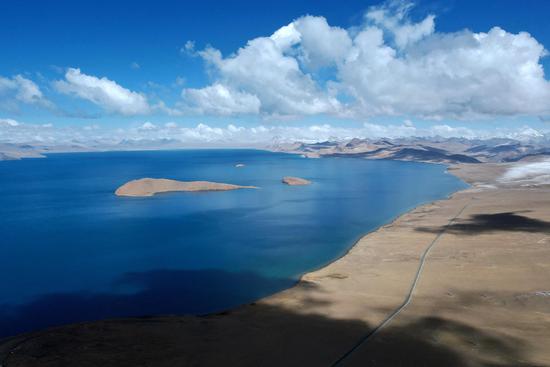
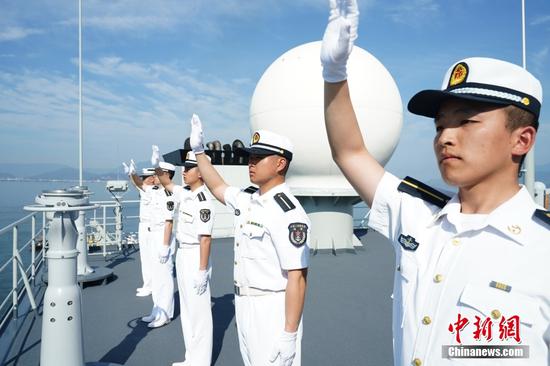
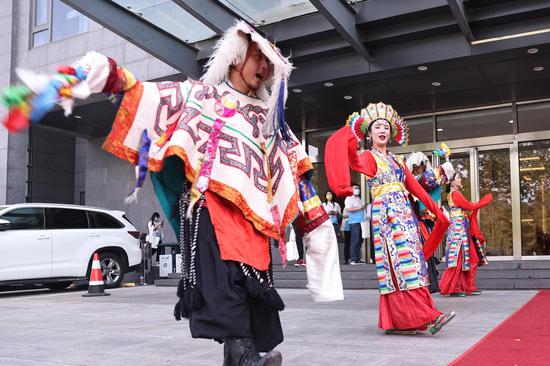
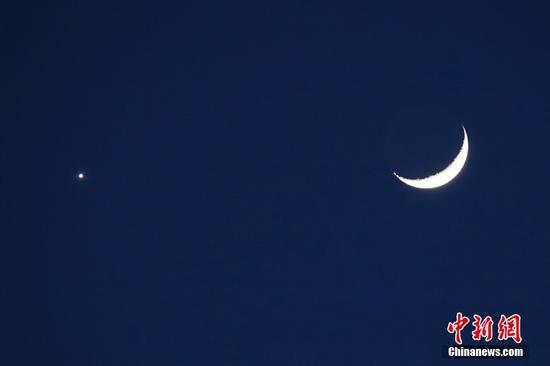

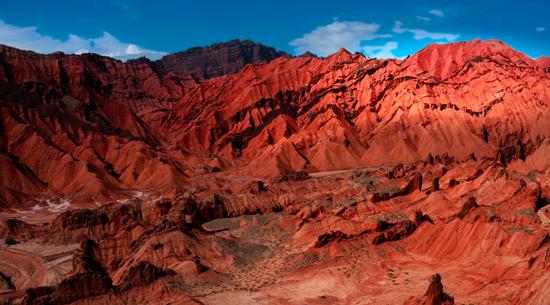
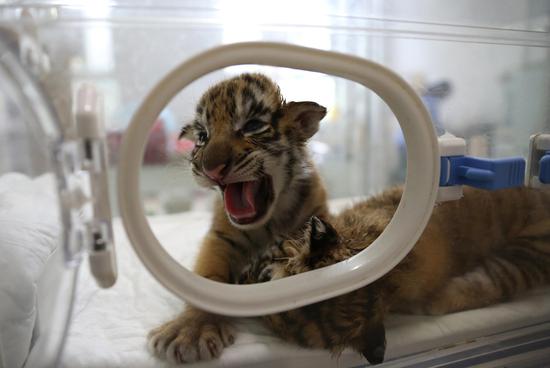
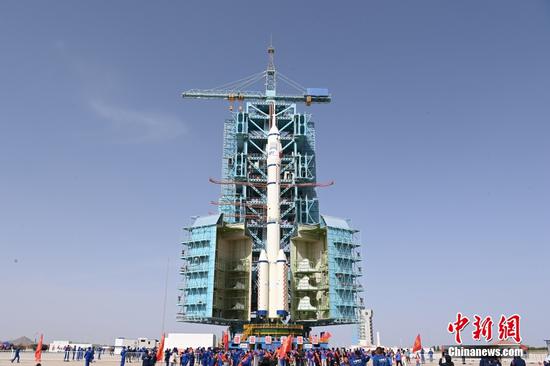
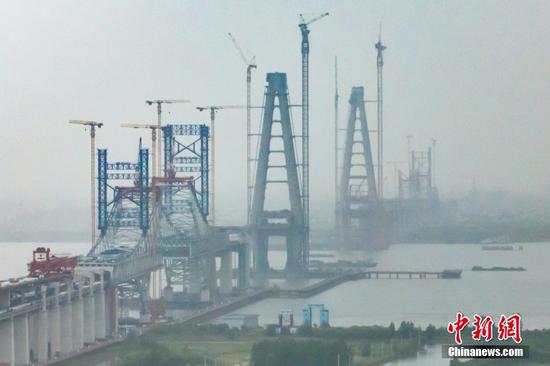
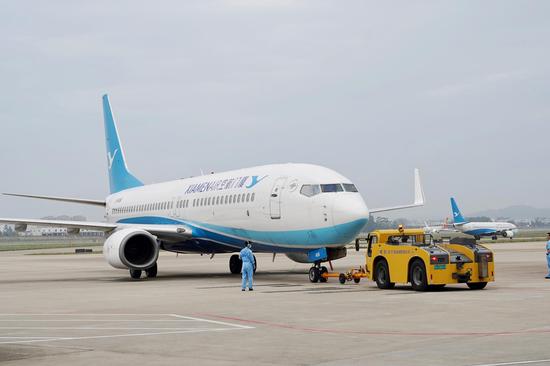
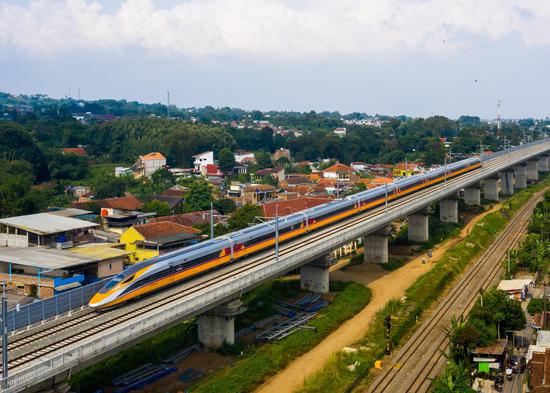
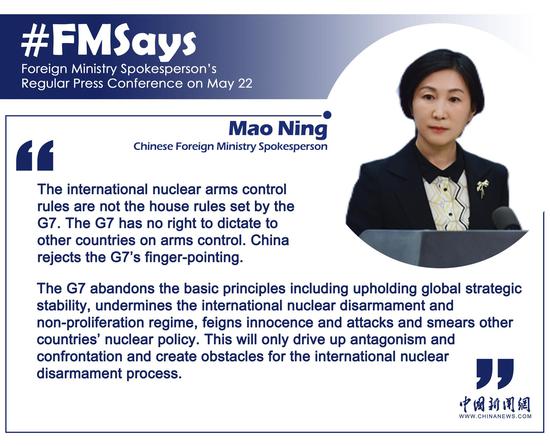

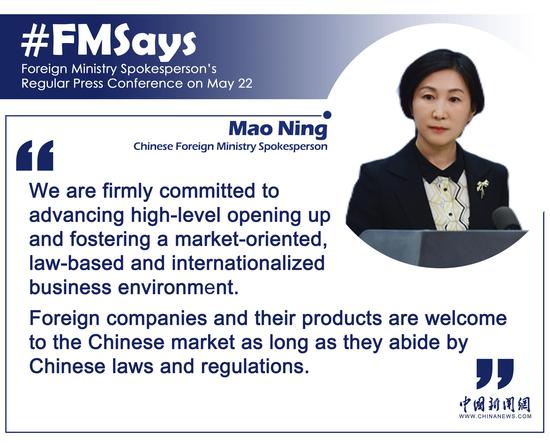
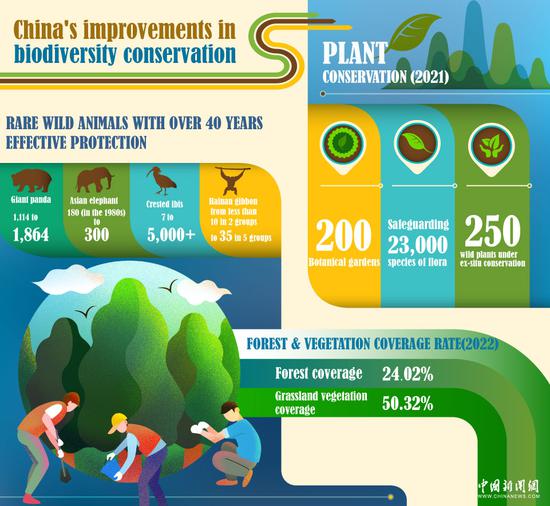
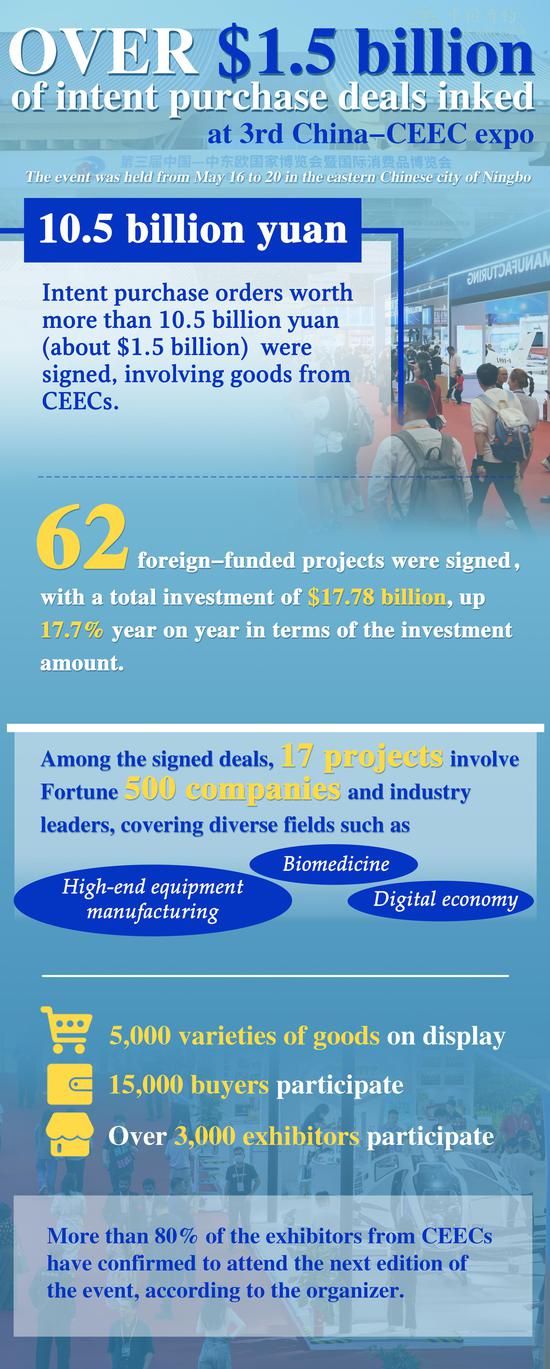
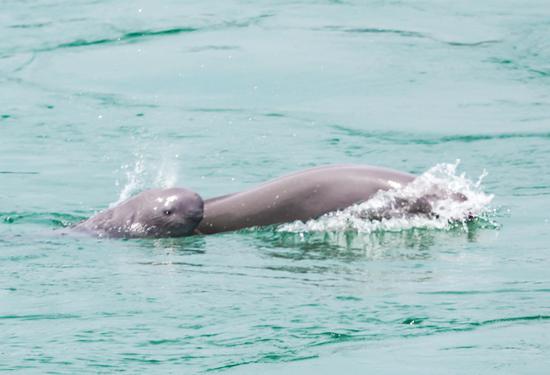

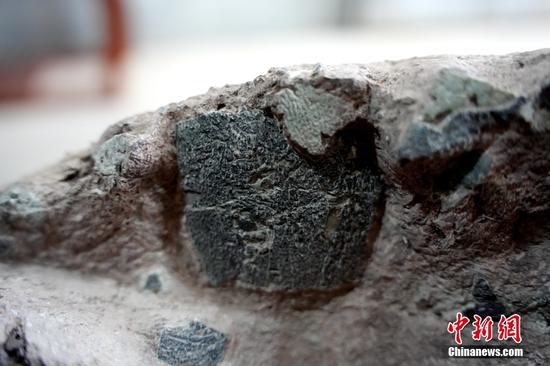
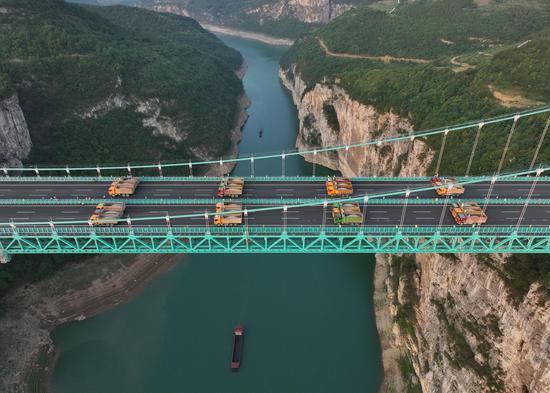
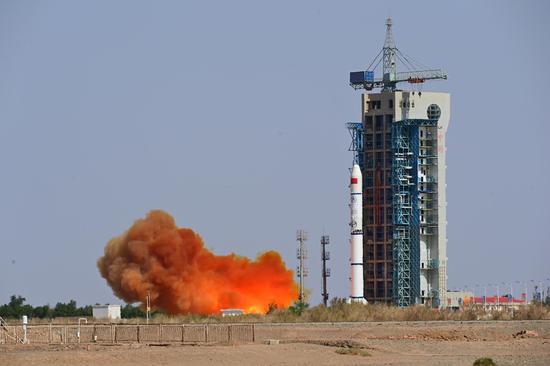
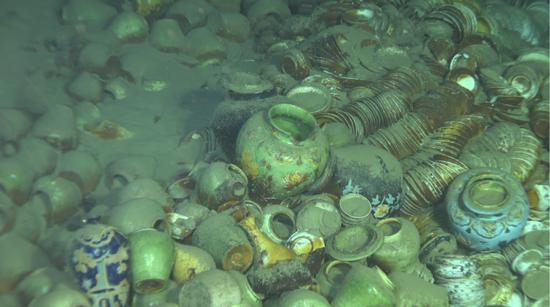
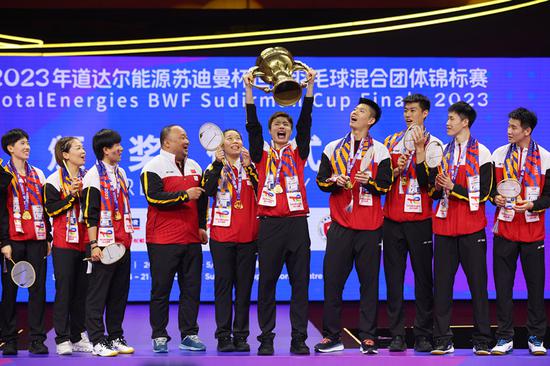
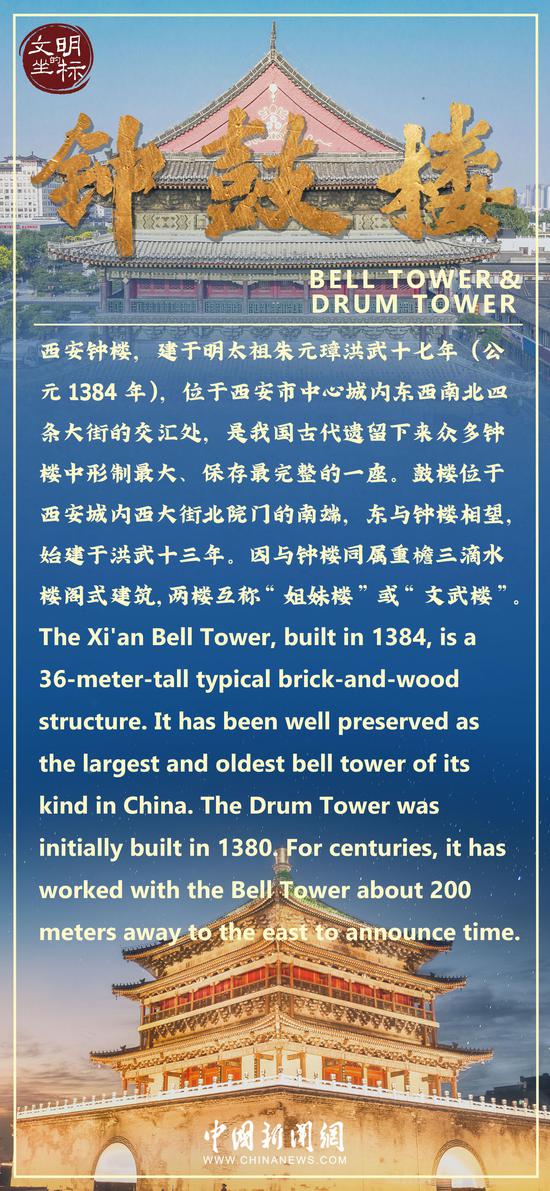
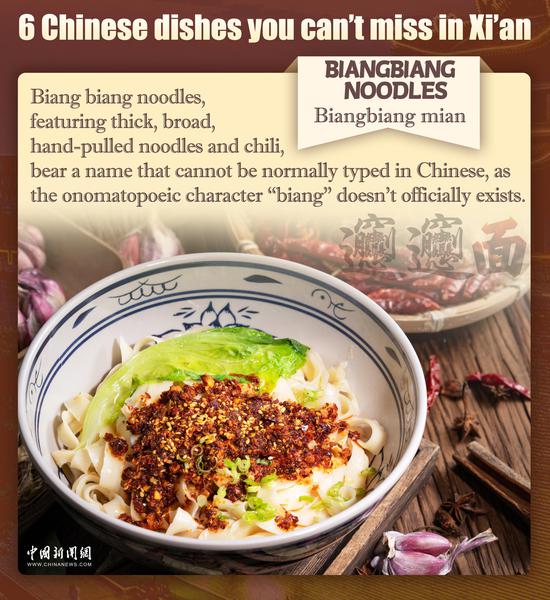
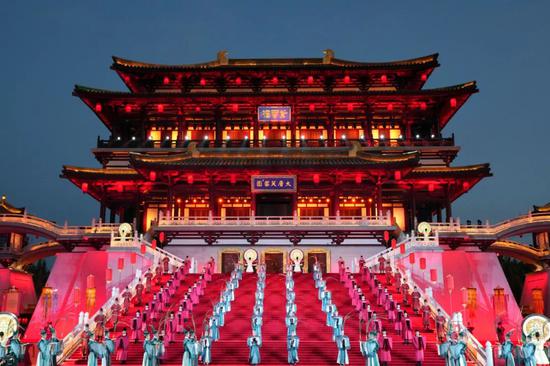
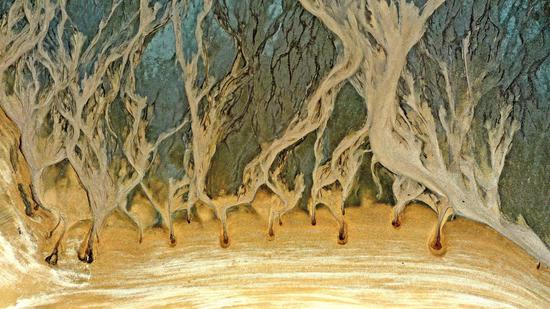
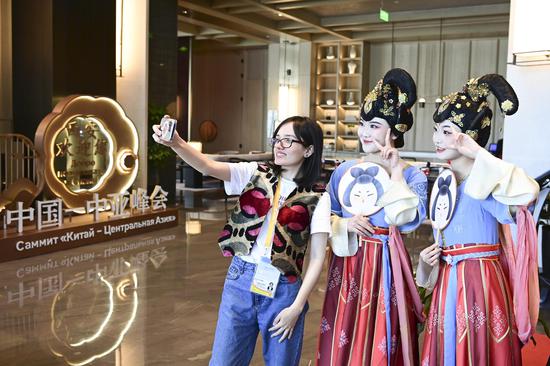
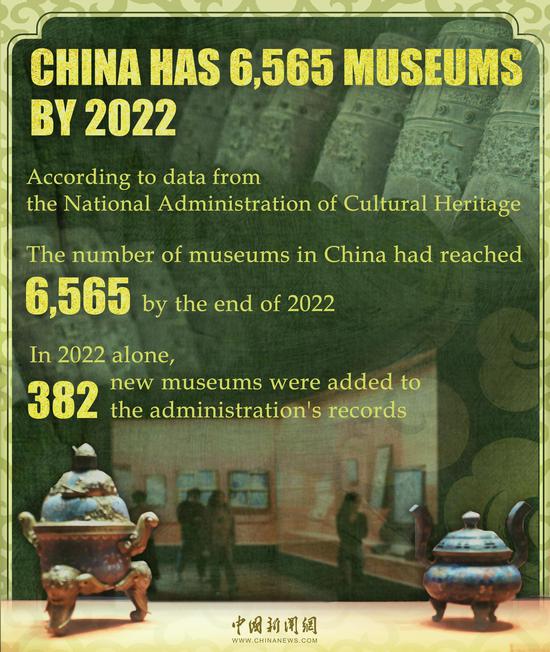
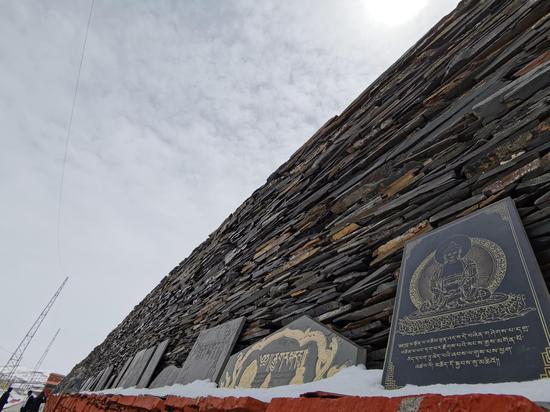
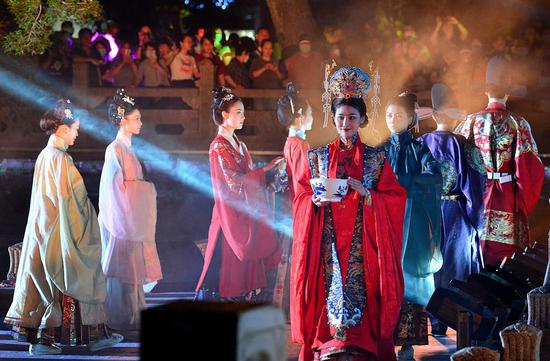
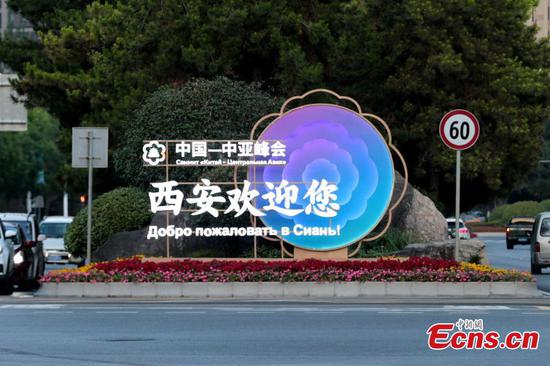
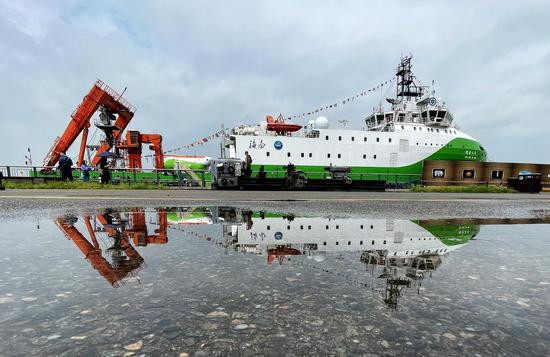

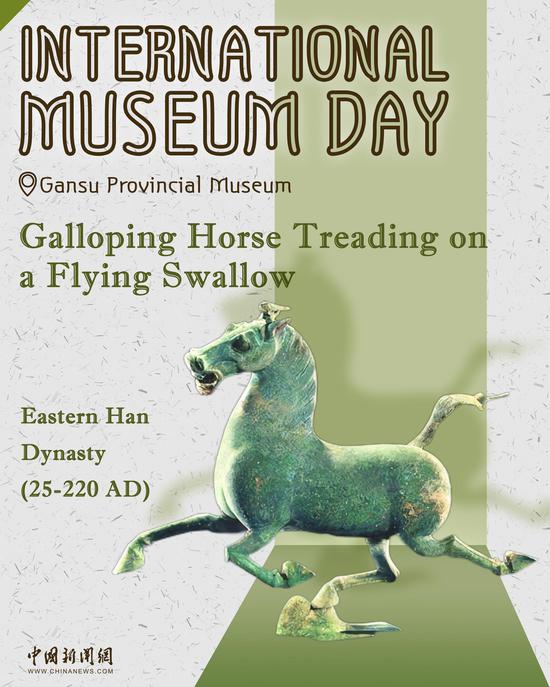
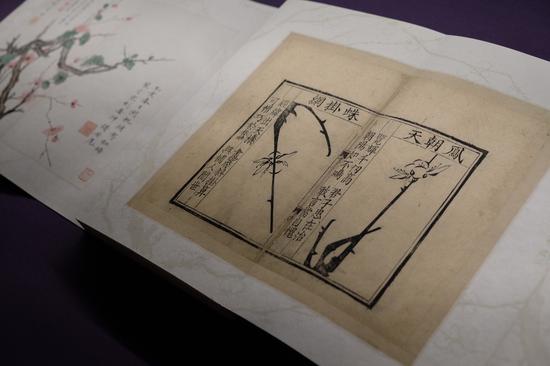
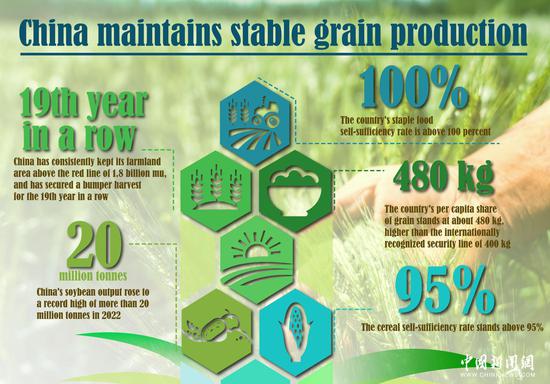





 京公网安备 11010202009201号
京公网安备 11010202009201号